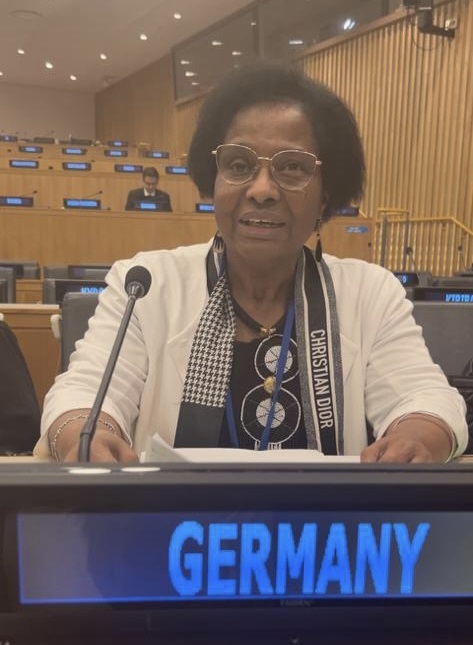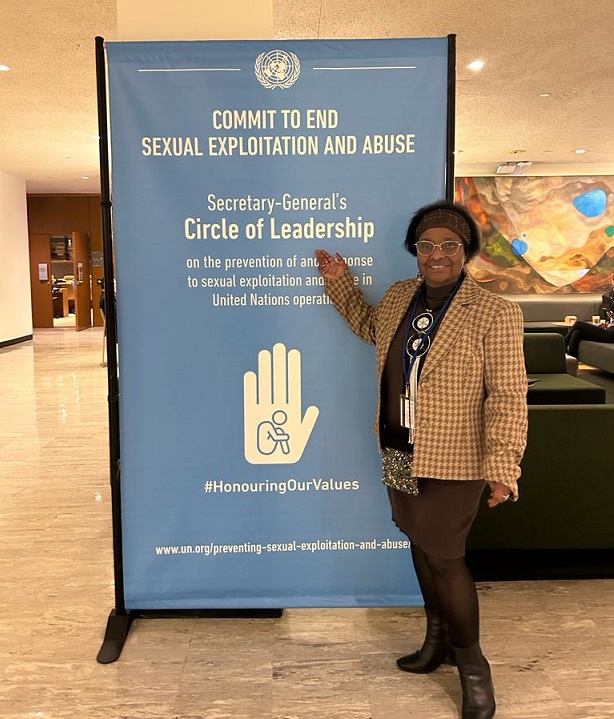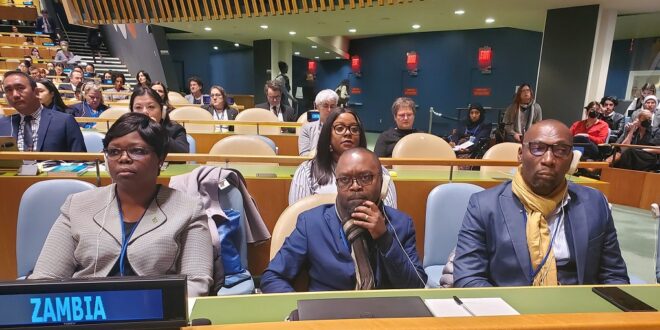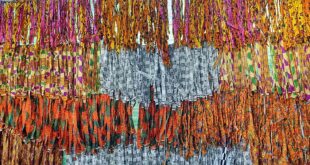Dr Pierrette Herzberger-Fofana, Member of the European Parliament representing Germany on the platform of the Green Party, is attending the ongoing 67th Session of the Commission on the Status of Women in New York, part of activities commemorating this year’s International Women’s Week. She writes about the conference and her views on how to address gender inequality
—-
By Dr Pierrette Herzberger-Fofana, MEP
The month of March celebrates women’s rights. As a Member of European Parliament, I was honoured to participate in the 67th session of the Commission on the Status of Women (CSW), which is currently taking place from March 6 to 17 at the United Nations headquarters in New York.
A wide range of government representatives, leaders, experts and activists from around the world are gathering at this summit to discuss gender equality and women’s empowerment. This year, the main theme is “Innovation and technological change – education in the digital age”.
In this perspective, many topics were discussed: the wage gap between men and women “the gender pay gap”, violence in its many forms and the participation of women in decision-making positions.

On 9 March 2023, I spoke at the meeting entitled: “Gender equality as a precondition for democracy”. There is a need for inclusive policies with an intersectional approach to promote gender equality.
As a substitute member of the Committee on Women’s Rights and Gender Equality (FEMM), I presented the current 2020-2025 action plan of the European Parliament.
As the shadow rapporteur for the Green Group, I am working on a parliamentary opinion of the FEMM Committee on the subject of online child sexual abuse. The aim is to highlight prevention techniques and above all to raise awareness of such a scourge.
As the vice-president of the EU-ACP joint parliamentary assembly, I am at the initiative of the Maputo Charter, which will be the first agreement concerning women’s rights between Europe and the ACP countries (Organization of African, Caribbean and Pacific States). This charter would allow for more comprehensive and effective measures to combat gender-based violence in both Europe and the ACP countries, a total of 106 countries: European Union 27 member states, ACP 79 countries.
With regard to this year’s theme, Innovation and Technological Change – Education in the Digital Age, I was particularly keen to stress that protection should also concern older and marginalized women. Indeed, they are also subject to harassment in the media and on social networks, which pushes them away from these platforms.
The spread of digital tools and increasing digitization results in the marginalization of older and marginalized women: online shopping, bank accounts and doctor’s appointments. In Europe, all areas of daily life are governed by digital technology. As a result, a generation of digital illiterates is emerging among the female population.

To avoid the increasing isolation of this generation, free initiations and courses are indispensable. This would improve their empowerment as the digital revolution should not contribute to isolation. Intensive international cooperation is needed to bring about new solutions that advance gender equality in order to promote human rights worldwide.
Our German Foreign Minister H.E. Anna Lena Baerbock has called for a “feminist Europe”. Here in New York, I call for a feminist world.
Let’s work on it together, dear sisters!
 THE AFRICAN COURIER. Reporting Africa and its Diaspora! The African Courier is an international magazine published in Germany to report on Africa and the Diaspora African experience. The first issue of the bimonthly magazine appeared on the newsstands on 15 February 1998. The African Courier is a communication forum for European-African political, economic and cultural exchanges, and a voice for Africa in Europe.
THE AFRICAN COURIER. Reporting Africa and its Diaspora! The African Courier is an international magazine published in Germany to report on Africa and the Diaspora African experience. The first issue of the bimonthly magazine appeared on the newsstands on 15 February 1998. The African Courier is a communication forum for European-African political, economic and cultural exchanges, and a voice for Africa in Europe.






























